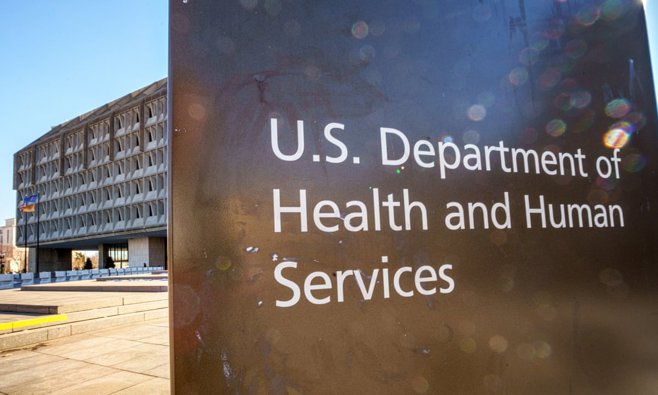
States Sue Trump Over HHS Job Cuts
Officials from 23 states filed a lawsuit on Tuesday against the administration of United States President Donald Trump, aiming to block a sweeping plan to cut thousands of jobs at the Department of Health and Human Services (HHS). The legal challenge was submitted to a federal court in Rhode Island, marking a significant move to halt the administration’s proposed reductions in healthcare staffing.
According to reports from the Associated Press (AP), the cuts could impact as many as 10,000 positions within the HHS. States involved in the lawsuit include New York, California, Kentucky, Pennsylvania, Minnesota, and North Carolina. These states argue that the planned reductions would not only disrupt healthcare services but also have far-reaching economic consequences in their local jurisdictions.
The lawsuit alleges that the Trump administration’s decision to scale down the department’s workforce is both abrupt and harmful, particularly at a time when public health systems continue to face growing demands. Plaintiffs contend that eliminating such a large number of positions would strain resources, weaken critical public health infrastructure, and jeopardize ongoing programs designed to support vulnerable populations.
Critics of the proposed cuts claim the administration has failed to provide a transparent or adequate justification for its actions. They assert that the reductions are part of a broader strategy by the Trump administration to reduce government spending across departments, often at the expense of essential services.
The White House has previously defended its budget policies as necessary for long-term fiscal sustainability and government efficiency. However, this latest legal battle adds to a series of challenges the administration faces over its efforts to streamline federal operations and reduce expenditures.
The coalition of states leading the lawsuit emphasizes the vital role HHS plays in managing programs such as Medicaid, public health emergency responses, and community health initiatives. They argue that massive layoffs would undermine these functions and violate legal obligations to ensure access to adequate healthcare.
As the case proceeds, the court will examine whether the administration followed proper procedures in its plan to implement the staffing cuts and whether the decision violates federal laws protecting healthcare infrastructure. The outcome of this legal action could have lasting implications for the structure and capacity of one of the country’s largest and most influential federal agencies.






